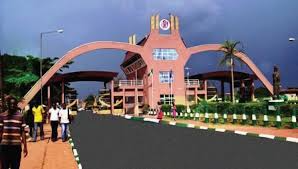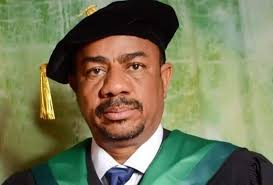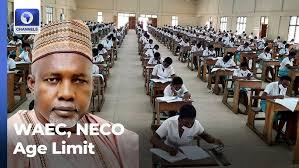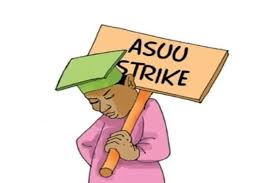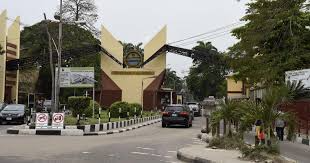The University of Benin (UNIBEN) has officially prohibited the use of hot plates, ring boilers, and gas cookers in its hostels.
The directive, aimed at cutting down the university’s growing electricity costs, was announced in a circular signed by the institution’s Registrar, Ademola Bobola.
The circular warns that any student found violating this prohibition will face rustication from the university.
The decision comes in the wake of an ongoing electricity crisis that has significantly impacted the university. The Benin Electricity Distribution Company (BEDC) recently increased the monthly electricity billing for UNIBEN from N88 million to a staggering N250 million.
This sharp increase led to the disconnection of the university’s two campuses from the power grid, sparking widespread disruption.
The disconnection resulted in weeks of power outages, forcing the university to rely on generating sets for electricity.
The situation escalated on July 3, when frustrated students staged a protest against the prolonged power outages. In response, the university’s Senate decided to temporarily close the institution to prevent a further breakdown of law and order.
As the university prepares to reopen on Monday, the management has made it clear that students must adhere to the new regulations regarding the supply, distribution, and utilization of electricity on campus. The registrar emphasized that compliance with these rules is mandatory for all students.
Bobola also reminded students of the importance of settling any outstanding school charges. He stated that proof of payment would be required for eligibility to participate in upcoming examinations, and that compliance with this directive would be closely monitored.
“Payment of outstanding school charges with evidence upon resumption will serve as eligibility for examination and will henceforth be strictly monitored to ensure compliance,” Bobola said.
“Students would also be expected not to involve themselves in any unruly conduct that is against the rules and regulations of the University.
“They are to be of good conduct and not to sponsor or participate in any unauthorized assembly or demonstration within the precincts of the university.”
